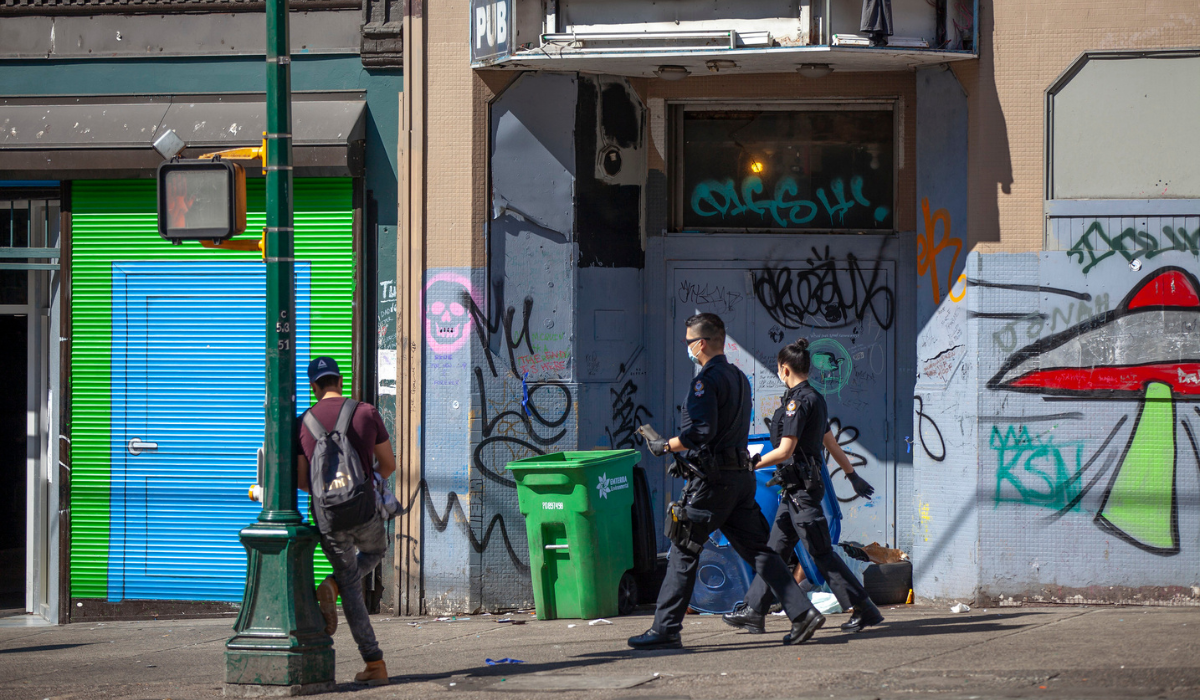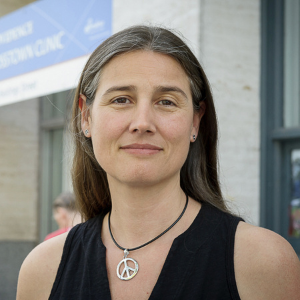
Beginning in January 2023, the B.C. government will remove criminal penalties for possessing small amounts of illicit drugs including heroin, cocaine and methamphetamine.
Dr. Eugenia Oviedo-Joekes (she/her), an addictions expert at UBC’s School of Population and Public Health, answers some key questions about the decriminalization of illegal drugs — and how it could help save lives in B.C.
More than 2,200 British Columbians died due to illicit drug use in 2021. How will this decriminalization plan help address the overdose crisis in B.C.?
If we treat addiction as a health issue rather than a criminal issue, we have a better chance of helping people who use drugs to seek treatment and improve their overall health. These types of decriminalization policies, which have been successfully employed around the world, also help reduce the stigma associated with drug use and promote dialogue among friends and family about an issue that’s often hidden or ignored.

Dr. Eugenia Oviedo-Joekes
The exemption applies to small amounts of drugs (2.5 grams or less). Are there any potential problems with this threshold?
While this policy is a step in the right direction, it does not adequately recognize that people who live outside larger cities—for example, rural communities—often buy larger quantities of drugs for personal use because the drugs may not be as available in remote communities on a day-to-day basis. Going forward, we must listen to people in these communities to avoid any unintended consequences and make sure everyone receives the same level of care and compassion.
How have other harm reduction policies improved health outcomes for drug users?
Science-based programs including safe injection sites have helped reduce overdose rates and other mental and physical health emergencies by providing instant medical support from health-care workers at the sites. They also increase engagement with the health-care system and connect people with social services.
What are some other ways government can increase the safety of drug users?
We can make drug use a social or health issue, not a criminal one. We can also limit the harmful effects of drug use by increasing access to a regulated supply of currently illegal drugs, which would help limit the toxic drugs in circulation and prevent overdoses.
How can family and friends recognize the signs of drug use? And what steps can they take to address the problem?
It’s always hard to see people we love go through difficult times. Communication is key. Talk to your loved ones. Approach them with kindness and compassion. Listen and pay attention, particularly now as so many people were isolated during the pandemic. You can also access good information about mental health and addiction through your doctor, local health-care clinic or local social services.